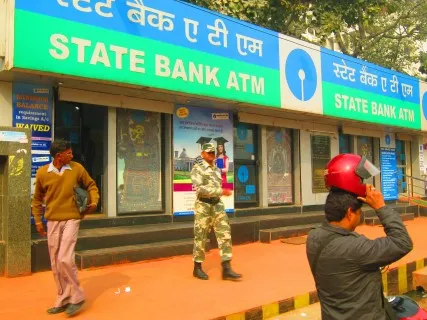
Almost half of Indian banks in danger of breaching capital triggers: Fitch
State banks are the most at risk.
The progressive increase in minimum capital requirements under Basel III is putting much pressure on Indian banks. Fitch Ratings is more concerned over state banks given their poor existing capital buffers and weak prospects for raising capital through market channels.
Here's more from Fitch Ratings:
Our analysis of 27 Indian banks with outstanding hybrid capital instruments indicates that at end-June 2016 the total capital adequacy ratio (CAR) for 11 banks was at or lower than the minimum of 11.5% required by end-March 2019 (FYE19). Of these, six did not have enough capital to meet the minimum required by FYE17. The minimum total CAR is a prerequisite for payment of coupons on both legacy and Basel III perpetual debt capital instruments.
For Basel III perpetual instruments, coupon deferral is also linked to banks meeting both minimum regulatory common equity tier 1 (CET1) ratio and Tier 1 ratio. More than half of the banks currently have a CET1 ratio that is below the required 8% minimum that will be applied from FYE19.
Fitch estimates that Indian banks will require around USD90bn in new capital by FYE19 to meet Basel III standards, with the state banks accounting for about 80% of the total. Meeting IFRS 9 accounting requirements could add to the challenges faced by the banks. The government has already earmarked INR700bn (USD10.4bn) for capital injections into state banks through to FYE19 and in July it announced that INR229bn (USD3.4bn) was being frontloaded.
Priority is being given to the banks most in need of new capital but the capital injections may not be sufficient to address their ongoing capital needs to meet required provisions and to support balance sheet growth. However, we believe that more capital will be needed from the government to restore market confidence.
As it stands, state banks are heavily reliant on the government for new capital. Sharply deteriorating financial profiles have raised the standalone credit risks of state banks over the last year. Equity valuations have suffered as a result. Most continue to trade at heavy discounts to their book value, which acts as a significant constraint on raising new core equity.
The State Bank of India's proposed USD1bn issuance of dollar-denominated AT1 instruments will be the first cross-border deal, and Fitch believes the issuance will serve as a pricing benchmark for other banks keen to access the dollar AT1 market. The Reserve Bank of India's recent proposal to allow banks to issue "masala bonds" - rupee-denominated bonds issued in offshore capital markets - could also help widen the investor pool and ultimately deepen the market for AT1 bond issuance.
Nevertheless, state banks will continue to face difficulties in raising capital from the market, which will keep their Viability Ratings under pressure and will weigh on the sector outlook.



















 Advertise
Advertise










